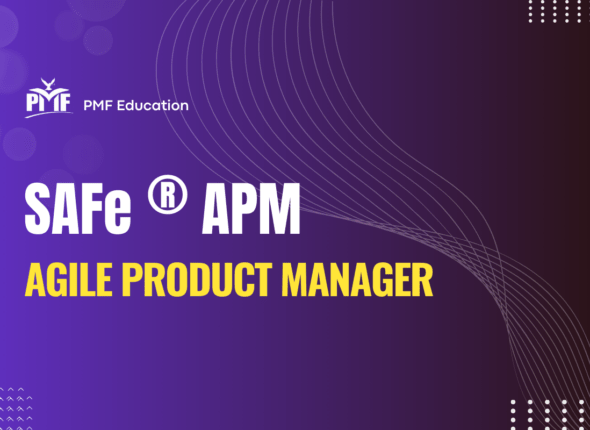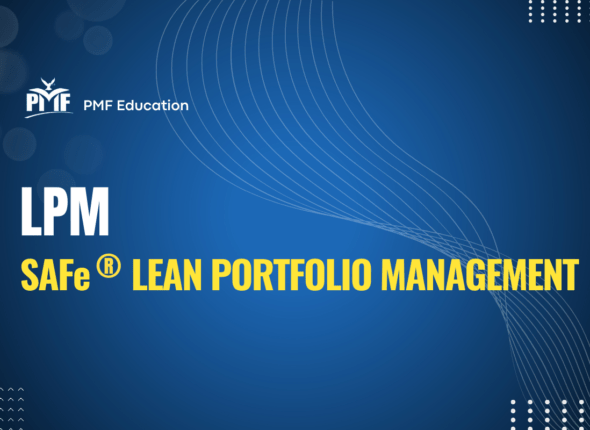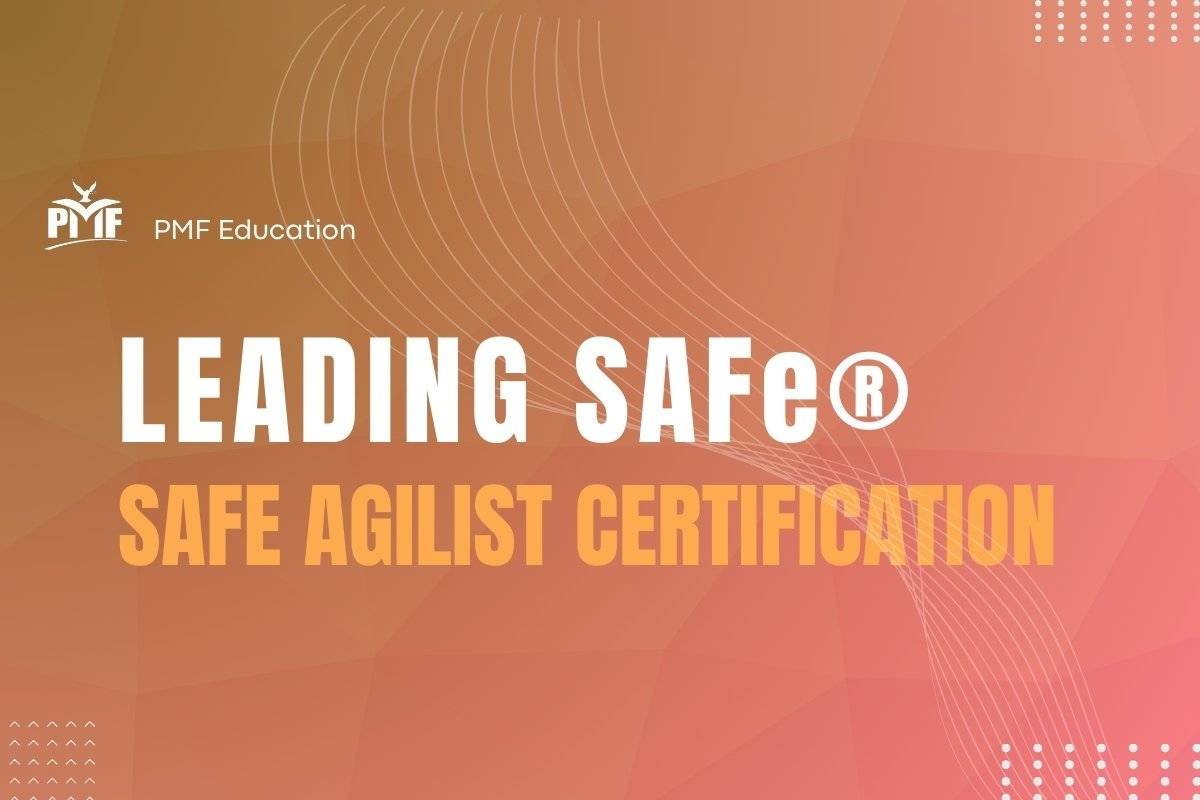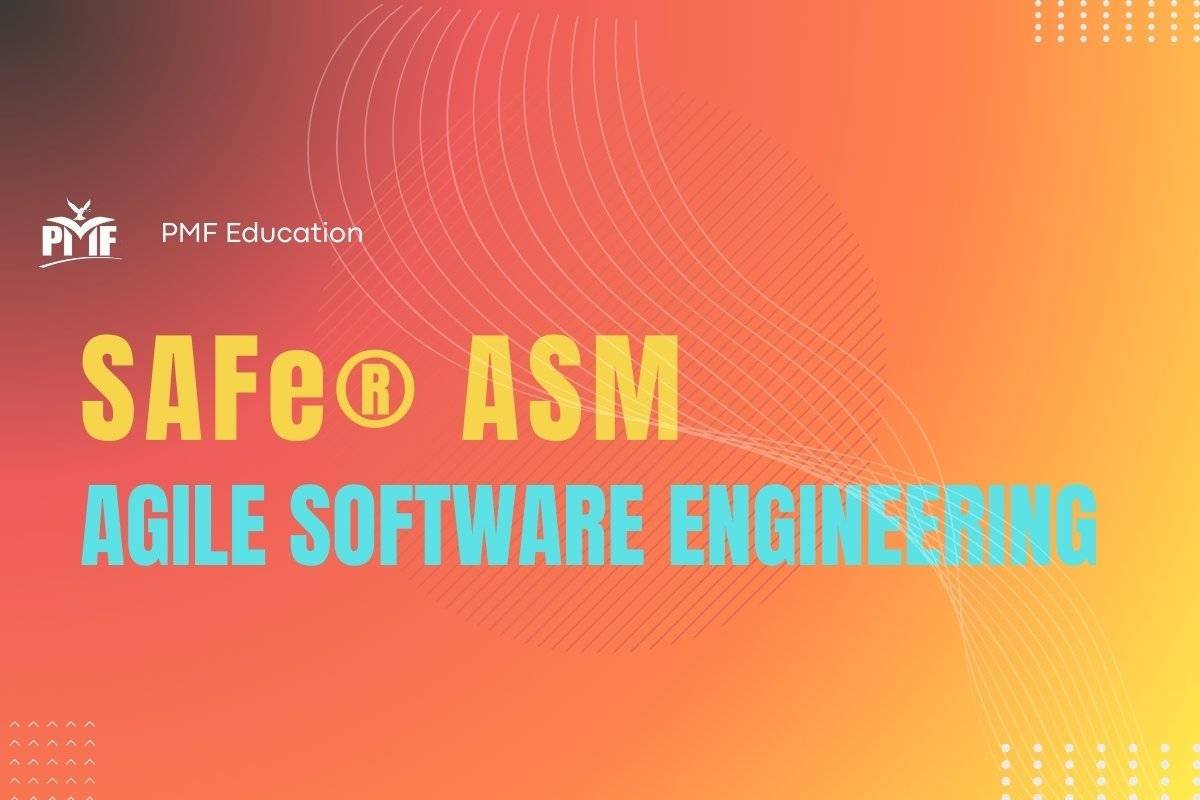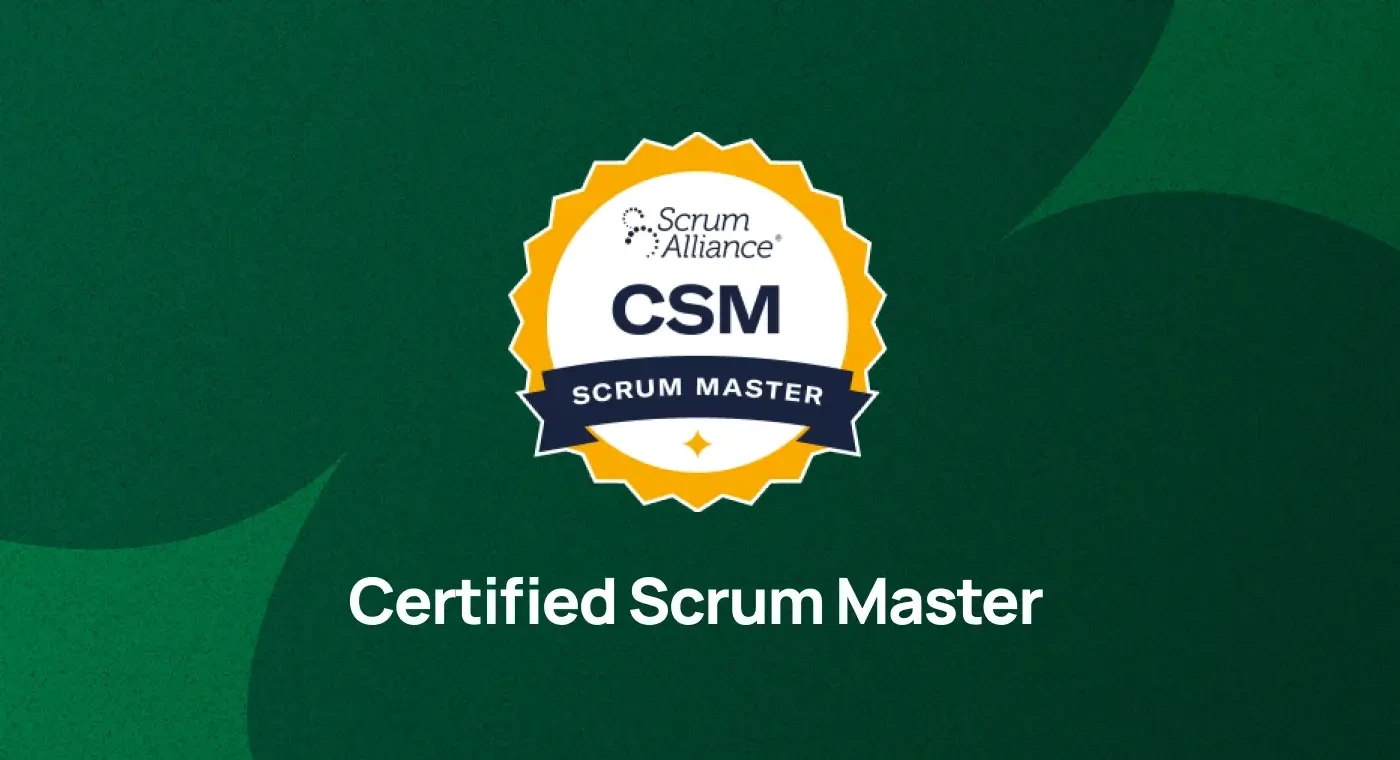Currently Empty: ₹0.00



🧾 COURSE OVERVIEW
The SAFe® 6.0 DevOps Certification Training equips professionals with the skills, mindset, and tools needed to optimize value flow across the Continuous Delivery Pipeline (CDP). Designed for those implementing DevOps practices within a SAFe enterprise, this course helps reduce time-to-market, improve collaboration, and support end-to-end delivery.
────────────────────────────────────────────────────────────
📚 COURSE BENEFITS
▸ Earn the globally recognized SAFe® DevOps Practitioner Certification
▸ Implement end-to-end DevOps in a Lean-Agile environment
▸ Identify and remove flow constraints to accelerate value delivery
▸ Improve collaboration between development and operations teams
▸ Receive 16 PDUs & 16 SEUs (PMI & Scrum Alliance)
▸ Access the SAFe Community Platform for tools and learning
────────────────────────────────────────────────────────────
💼 PREREQUISITES & ELIGIBILITY
▸ Recommended: Basic understanding of Agile and SAFe
▸ Preferred: Experience in development, testing, operations, or DevOps
▸ Suitable for professionals working with:
■ Agile Release Trains (ARTs)
■ Continuous Delivery & DevOps initiatives
────────────────────────────────────────────────────────────
💡 LEARNING OBJECTIVES
▸ Define the role of DevOps in a SAFe enterprise
▸ Map current and future state value streams
▸ Apply DevOps technical practices for CDP
▸ Enable Continuous Exploration, Integration, Deployment, and Release on Demand
▸ Foster collaboration and shared ownership
────────────────────────────────────────────────────────────
🔍 WHAT YOU WILL LEARN
▸ SAFe® DevOps competencies and CDP components
▸ Value stream mapping and identifying bottlenecks
▸ Implementing DevOps practices to optimize flow
▸ Building a collaborative DevOps culture
▸ Using flow metrics to drive improvement
────────────────────────────────────────────────────────────
🙋 WHO SHOULD ATTEND
▸ DevOps Engineers and IT Operations Professionals
▸ Agile Coaches and Scrum Masters
▸ Release Train Engineers and QA/Test Engineers
▸ Developers, System Architects, and Solution Managers
▸ Product Owners and Product Managers involved in delivery
────────────────────────────────────────────────────────────
🚀 CERTIFICATION PATH & EXAM FORMAT
Steps to Certification:
▸ Attend the official 2-day SAFe® DevOps training
▸ Access and complete the exam via the SAFe Community Platform
Exam Details:
▸ Format: Web-based | Closed-book | Multiple-choice
▸ Duration: 90 minutes
▸ Number of Questions: 45
▸ Passing Score: 33 correct answers (73%)
────────────────────────────────────────────────────────────
🌍 CERTIFIED PROFESSIONALS EARN
▸ SAFe® DevOps Practitioner (SDP) Certification
▸ A digital badge for LinkedIn and online portfolios
▸ 1-year membership to the SAFe Community Platform
▸ Recognition as a DevOps change agent
▸ Improved opportunities in Agile and DevOps leadership roles
────────────────────────────────────────────────────────────
❓ FREQUENTLY ASKED QUESTIONS
Q: Can I attend this course without DevOps experience?
✔ Yes, Agile knowledge helps, but DevOps experience is not mandatory.
Q: What resources will I receive?
✔ Digital workbook, DevOps practice materials, and access to the SAFe portal.
Q: Is there a retake option for the exam?
✔ Yes, a retake is allowed for a small fee.
Q: Do you offer team or corporate training?
✔ Yes, customized group training is available.
Q: What payment options are accepted?
✔ UPI, Credit/Debit Cards, Net Banking, and major digital wallets.
────────────────────────────────────────────────────────────
🌐 ACCREDITATION
This course is officially accredited by Scaled Agile, Inc., the governing body for SAFe® Certifications.
────────────────────────────────────────────────────────────
Curriculum
- 8 Sections
- 37 Lessons
- 16 Weeks
Expand all sectionsCollapse all sections
- Introduction to DevOps and SAFe4
- Mapping the Continuous Delivery Pipeline (CDP)4
- Continuous Exploration (CE)5
- Continuous Integration (CI)5
- Continuous Deployment (CD)5
- Release on Demand (RoD)5
- Building the DevOps Transformation Plan4
- Certification & Final Assessment5






